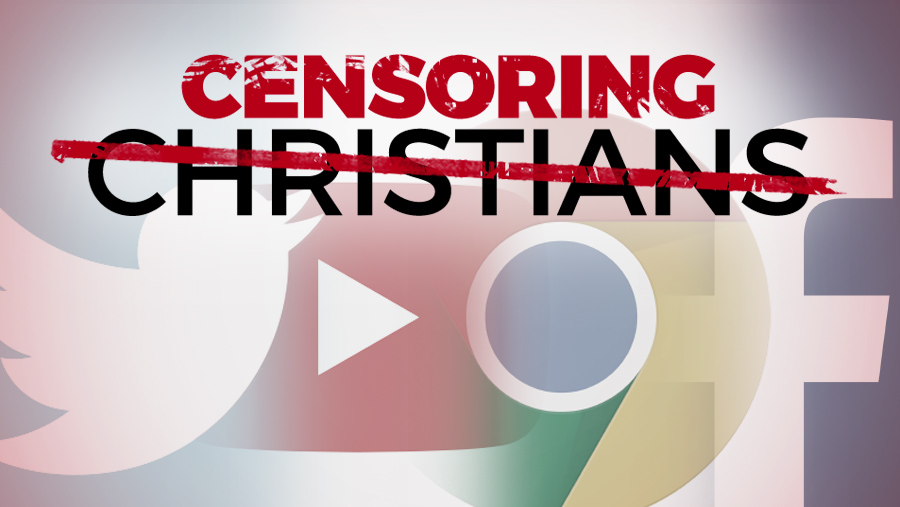Blog Post
Social media is becoming a threat to religious freedom (and other stories)
A roundup of news and commentary from around the interwebs.
***
In the Wall Street Journal, Salvatore Cordileone and Jim Daly warn that social media is becoming a threat to religious freedom.
***
My latest essay with The European Conservative, an interview with Ayaan Hirsi Ali, has just been published. We discuss the rape culture produced by mass migration and other issues.
***
In a rebuke to progressives and libertarians, Michael Shellenberger has a pretty chilling piece titled “Why Everything We Thought About Drugs Was Wrong.” A former political activist and advocate of decriminalization, he’s changed his tune:
But it’s obvious now that we were wrong. Over the last 20 years the U.S. liberalized drug laws. During that time, deaths from illicit drugs rose from 17,000 to 93,000. Two and a half times more people die from illicit drug use than from car accidents; five times more die from drugs than homicide. Many of those people are homeless and die alone in the hotel rooms and apartment units given away as part of the harm reduction-based “Housing First” approach to homelessness. Others are children found dead by their parents on the floors of their rooms.
Read the whole thing. I’d bet that every single one of us knows somebody who has had their life destroyed or died as a result of drug use. There’s also the question of why: Why do so many people hate reality so much that they spend much of their time and money desperately trying to leave it?
On the same subject, Aron Ravin notes at National Review that “Libertarians were wrong about marijuana legalization,” which has led to more rather than less drug crime.
***
The Iona Institute reports that Christian persecution is still “unabated and underreported.”
***
Canada’s Conrad Black takes on assisted suicide in the National Post:
Last week I touched upon the fact that while the health-care system is essentially intended to preserve and extend life, it is so inadequately funded, and set up in a manner that is so impossible to operate satisfactorily without incurring unsustainable costs, that assisted death has now been tightly integrated into the system. Since wait lists are notorious and health care is in fact already rationed, and the greatest single challenge to our health-care budget and personnel are the elderly, the economics of socialized medicine has created intense pressure for elderly people and their families to acquiesce, under the theory that assisted dying is death with dignity.
In this view, the way to provide the highest-quality health care for the largest possible number of people is to evangelize the elderly and infirm on the virtues of an early passage to the hereafter, in order to free up space and personnel for patients with a greater useful life expectancy. Because of the extreme delicacy of this subject, it is impossible to know to what extent the elderly receiving care are hastened into palliative care and then accelerated into the assisted achievement of mortal dignity. The rationalization of this informal practice is that it enables the health-care system to conform more closely with its budget, to achieve more positive outcomes by focusing on patients with a more hopeful future and the whole transfer of attention is papered over with ever more elaborate laudations of the virtues of an expedited precipitation into eternity.
Read the whole thing.
***
In The Spectator, Esther O’Reilly has an interview with Hatun Tash, the Christian evangelist who was stabbed at Speaker’s Corner in Hyde Park.
***
More soon.








